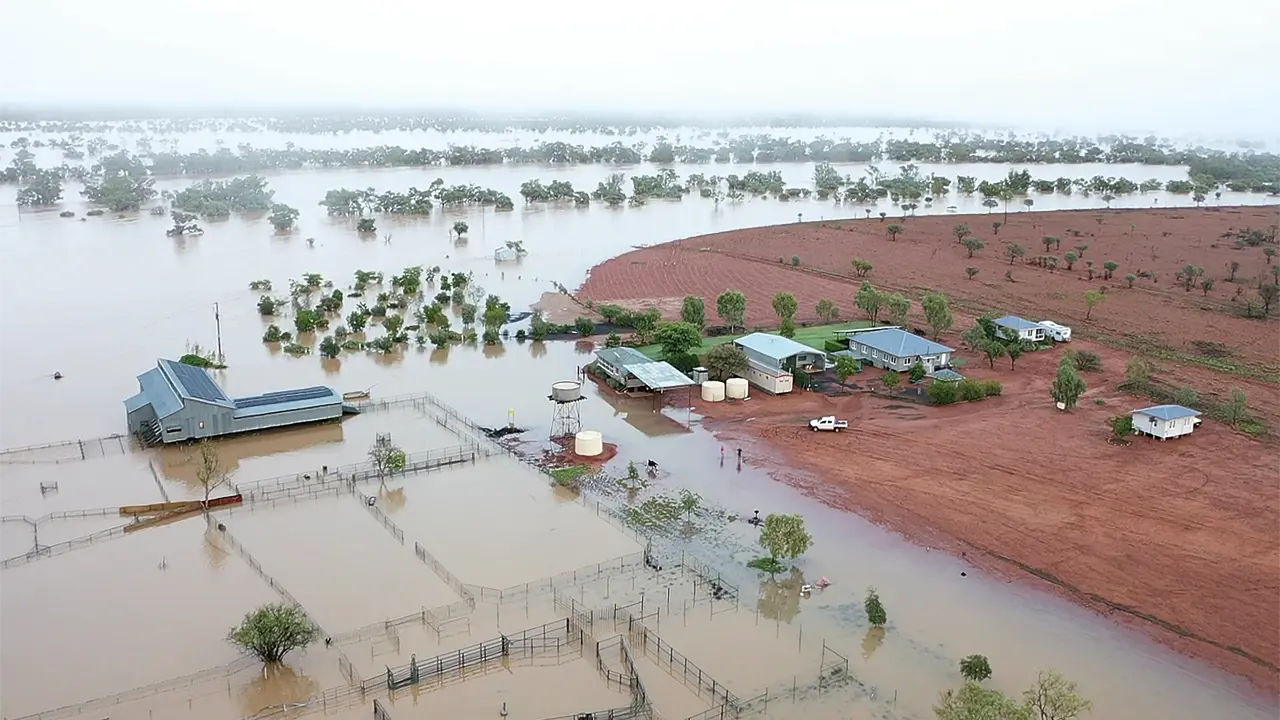Veterinarian Ted Donelan started a culturally sensitive dog-control program in north-east Arnhem Land eight years ago, and the results continue to bear fruit for the community and its canine population.
Story By Dave Tacon
It's Saturday afternoon and Dr Ted Donelan, a veterinary surgeon from Melbourne, is in his motel room in the small Arnhem Land settlement of Maningrida, about 500 kilometres east of Darwin. He’s making an inventory of his surgical supplies when he gets an urgent phone call. The caller is well known to Ted, who has been travelling to Maningrida twice a year for eight years to administer a dog-health program. It is Peter Tom, the assistant manager of Maningrida’s general store. A snake has bitten one of his pig dogs, ‘Marlon’. There is not a moment to lose.
When Ted arrives, Marlon, a five-year-old Pit Bull cross, is in a bad way, collapsed on the ground, panting, and his heart racing. Peter and his wife Karen watch anxiously as Ted examines the unfortunate animal. Peter explains that he heard Marlon barking wildly in the garden and rushed from his house to see the dog with a metre-long snake in its mouth. The wounded snake slithered off as soon as Marlon loosened his grip, but the dog fell over almost immediately and has barely moved since. “I think it was a king brown,” Peter says.
Ted makes a quick call to the local health clinic to see whether any antivenom is available. “If they’ve got any, this could get very expensive,” he warns. Although the Toms are ready to consider a treatment that might cost thousands of dollars, their decision is made for them, as there is no antivenom available.
Nevertheless, Marlon is a lucky dog. Maningrida is without a vet for most of the year. If Ted wasn’t in town, the Toms and Marlon would be on their own. Ted decides that the best course of action is to put the dog on an intravenous drip of saline solution and the patient is hoisted into a cage in the back of his owner’s ute. Once the drip is hooked up, Peter stays by Marlon’s side to calm him and make sure that he stays still so the needle remains in his vein.
“Give me a call once he’s through that one and I’ll come back with a second one,” Ted says. Peter’s eyes show he is worried that Marlon, who he has owned since he was a pup, won’t make it.
Clearly, this man’s relationship with his dog is special. However, in north-east Arnhem Land, the significance of dogs can go far beyond companionship and security. Here, where Indigenous Gunabidji make up about 90 percent of the population, many hold the belief that dogs created the land as ancestral beings. On top of ‘dog dreaming’, local beliefs suggest that dogs can protect their owners from black magic. It is within this framework that Ted established the Maningrida Dog Health Program in 2003 to treat the 700 or so dogs in the settlement.
This story excerpt is from Issue #73
Outback Magazine: Oct/Nov 2010








